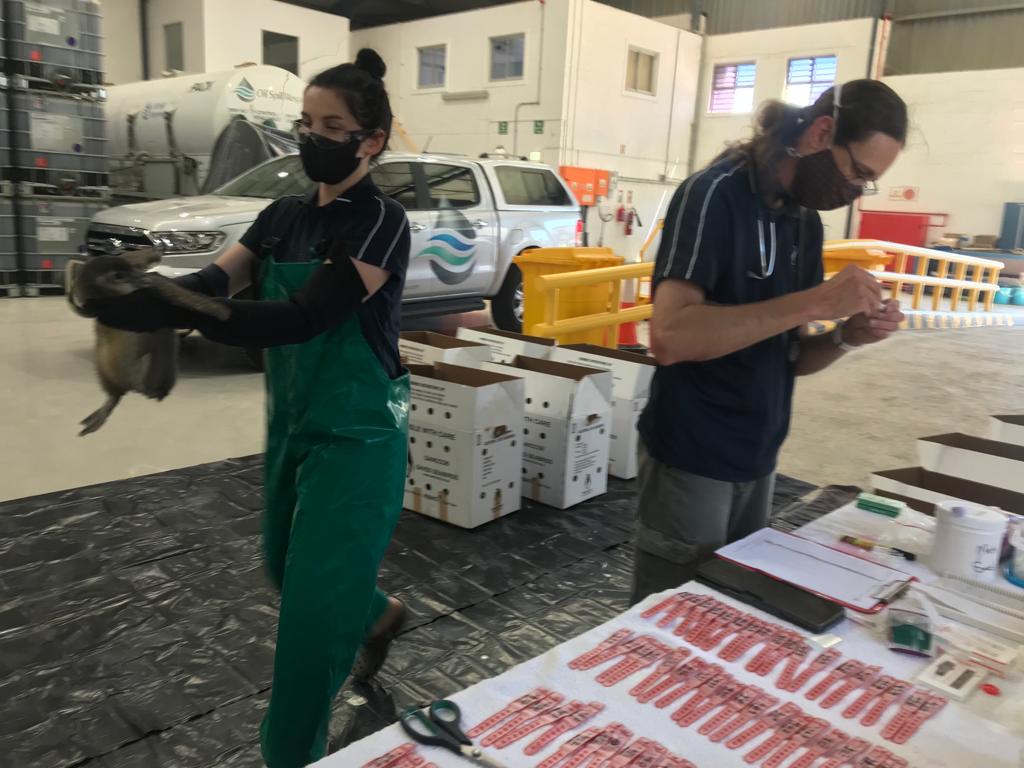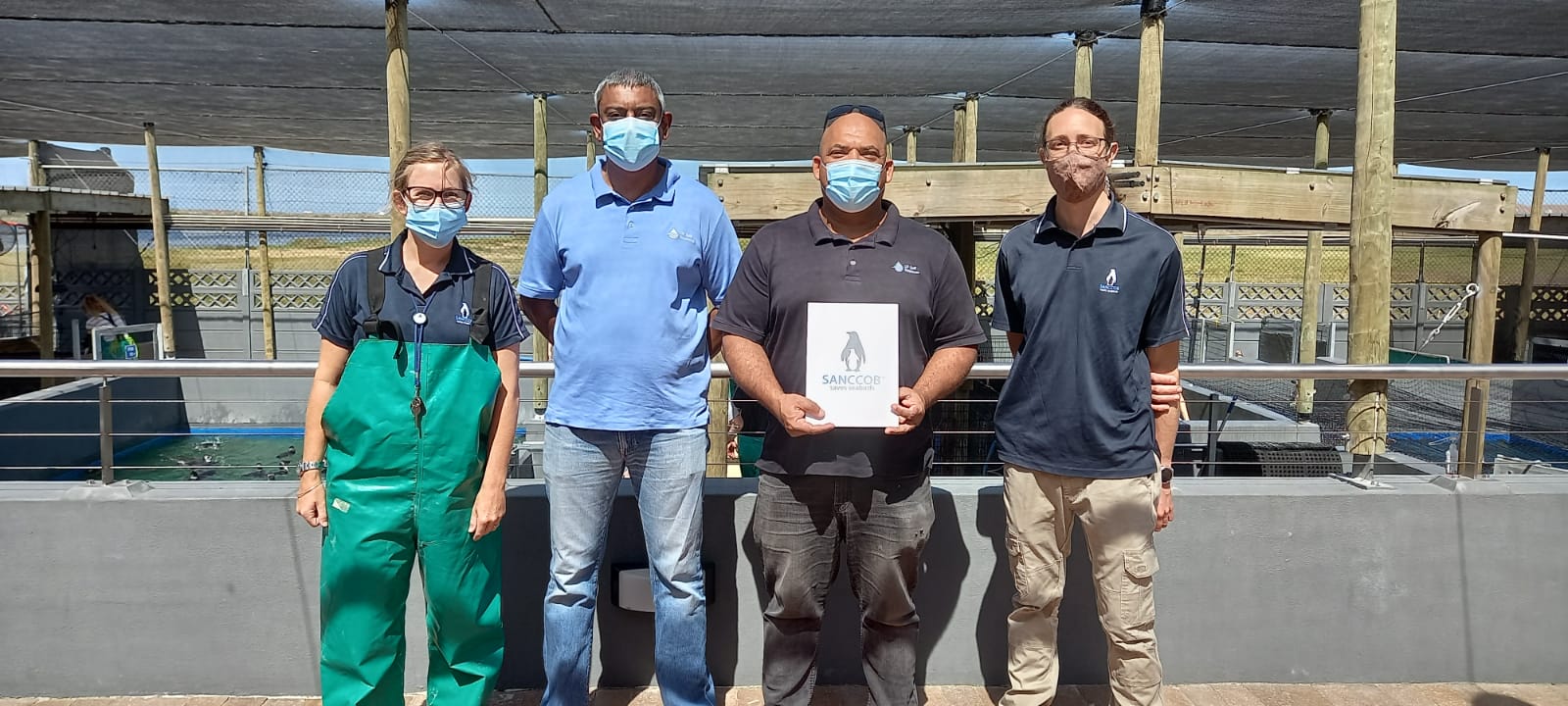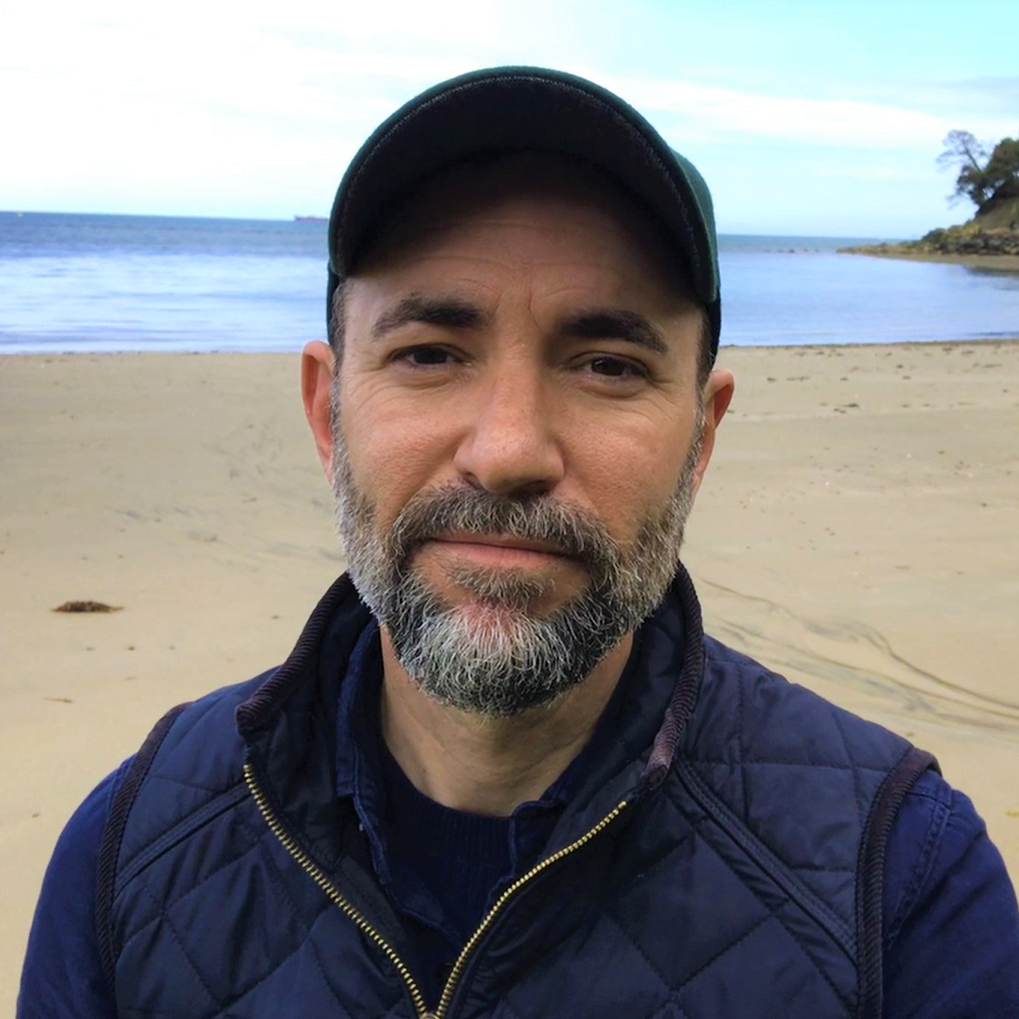
Over the last two months, a total of 280 African penguins have been cared for at the OSRL GDS warehouse. The SANCCOB team are now wrapped up their response, so the base is back to its regular operational duties.
Over the last two months, the OSRL GDS warehouse in South Africa temporarily housed a total of 280 African penguins. This number included 261 African penguin chicks removed from Stony Point and Dyer Island colonies by CapeNature, the conservation management authority. The chicks were abandoned by their parents when they underwent their annual moult.
This abandonment is a yearly phenomenon, and SANCCOB needs to hand-rear these abandoned chicks. However, this year was different as a highly pathogenic Avian Influenza virus impacted seabird populations. As a result, almost 24,000 endangered Cape cormorants and nearly 200 African penguins have died, both of which are classified as endangered.
Most African penguins quarantined at the OSRL base tested negative. Therefore, SANCCOB could transfer the penguins to SANCCOB's seabird hospital for ongoing care. However, one chick showing severe symptoms tested positive. Sadly this virus is incurable, and this chick had to be humanely euthanised. There were also incidents of false-positive results, which required re-testing, and subsequently tested negative. The prolonged stay at OSRL for some individuals created additional time and capacity to provide the necessary care; the most extended stay for one African penguin was 17 days due to the re-testing process.
Following the transfer of the chicks and the SANCCOB Team demobilisation, the OSRL base returned to its regular operational duties at the beginning of 2022.
This year has been incredibly challenging for seabirds in South Africa, specifically for endangered Cape cormorants. The Avian Influenza outbreak is not over yet, but it is slowing down. With an estimated 30% of the Cape cormorant population affected to date, disease ranks as one of the top threats facing seabirds today.
SANCCOB relies on donations to support most of its rescue and conservation work. If you would like to support their ongoing efforts, you can adopt a penguin to help with the cost of their care.
SANCCOB is, of course, just one of the non-profit wildlife rescue organisations we work with through the GOWRS project. Depending on where you are based, you could also consider donating to your local wildlife rescue organisation.
Adopt – SANCCOB | S A Foundation for the Conservation of Coastal Birds
We want to give special thanks and recognition to SANCCOB and the OSRL South Africa Team, especially Shamen Bunsee and Mustapha Isaacs. They supported the penguin quarantine efforts throughout the last two months of 2021. SANCCOB presented OSRL South Africa with a certificate of appreciation and adopted a penguin chick (Scrubby) in honour of their assistance with the penguin chick quarantine efforts.





